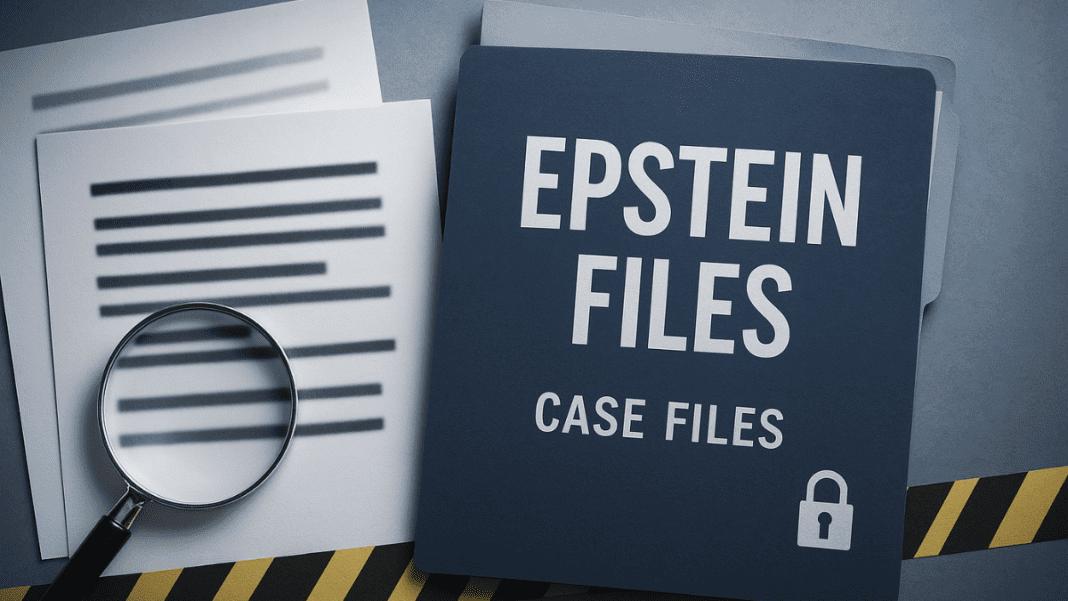A new law requires the Justice Department to release a massive collection of investigative files tied to Jeffrey Epstein within a tight 30-day window. These files include investigators’ notes, more than 300 gigabytes of digital data from many devices, wiretap recordings, and even boat logs linked to a private island. This type of raw investigative material is almost never shared with the public.
There is strong interest in seeing these files. Many people want to understand how Epstein managed to stay connected with wealthy and influential individuals, even after his 2008 plea deal. Some victims feel the release offers long-awaited transparency and accountability. Their experiences were hidden for years, so this step feels important to them.
However, a former federal prosecutor who handled a major abuse case involving R. Kelly warns that releasing these materials without strict redaction could damage future legal efforts, expose victims to new harm, and create serious problems for future investigations involving powerful people.
Why Broad Disclosure Could Damage Cases and Harm Survivors
Many abuse cases happen in private, leaving very little physical evidence. This means prosecutors often rely on two important types of witnesses. One is “outcry witnesses,” people who were told about the abuse soon after it happened. The other is “pattern witnesses,” who describe similar behavior by the accused. These witnesses help show that an abuser acted in a repeated and consistent way.
During the prosecution of R. Kelly, these witnesses were critical. Several people shared how they were harmed, while others explained what they learned soon after the events. Their accounts helped strengthen the case, especially because much of the abuse was reported many years later. Their testimony built a clear picture of repeated wrongdoing.
But the release of detailed Epstein files could weaken this kind of testimony. Once private investigative details are posted online, defense attorneys in future cases may claim that witnesses shaped their stories based on information they read. If witness accounts appear similar to public reports, lawyers can argue they were influenced by media coverage rather than personal experience. This risk makes it harder to prosecute people connected to Epstein.
The files also contain deeply personal information about Epstein’s victims. Investigators often ask or require survivors to share private details, including unrelated past trauma or sensitive health information. These details are collected to understand the full case and are normally kept within a controlled legal process.
Even with redactions, private information can be uncovered. People online can piece together clues from incomplete text and match details with publicly known information. The new law’s short deadline increases the chance that rushed reviewers may miss important redactions. A previous review process by the same agency has already been criticized as chaotic, raising more concern about errors. If mistakes happen again, victims connected to Epstein could face renewed pain and exposure.
The digital tactics Jeffrey Epstein used to push down reports of his crimes
Impact on Future Investigations and Informants
Another concern is the effect on future investigations. Informants play a major role in many high-profile cases. They often provide key information but only if they feel safe. If the Epstein files are released widely, informants in future cases may worry that their identities or statements could one day be exposed. This fear may stop them from speaking with investigators.
Investigators themselves may also hesitate. If they believe every note, interview, or early idea could later be made public, they may become cautious about recording information. This can delay progress and weaken investigations before they fully begin.
The prosecutor urges that the Justice Department use every legal option to redact sensitive material. The purpose is not to shield powerful individuals, but to protect victims and keep future investigations strong and effective.





